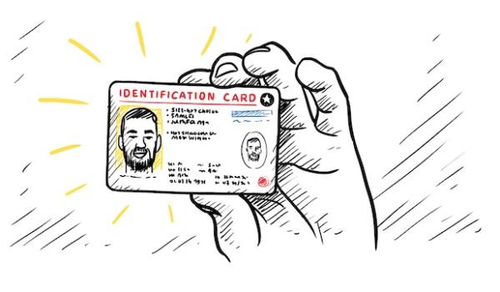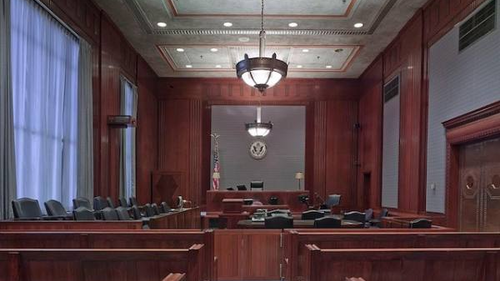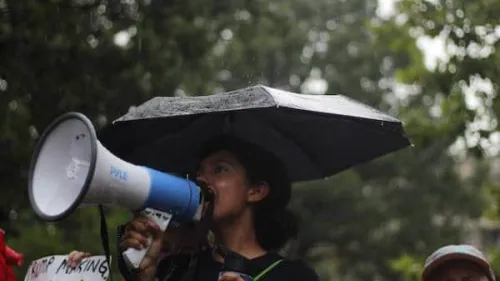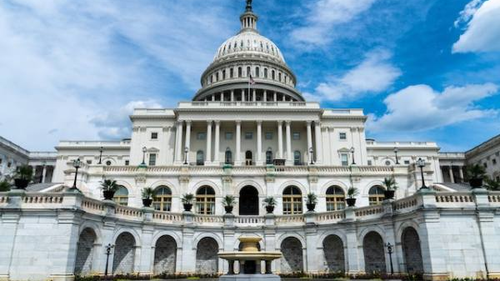How to Interact with Police in the United States
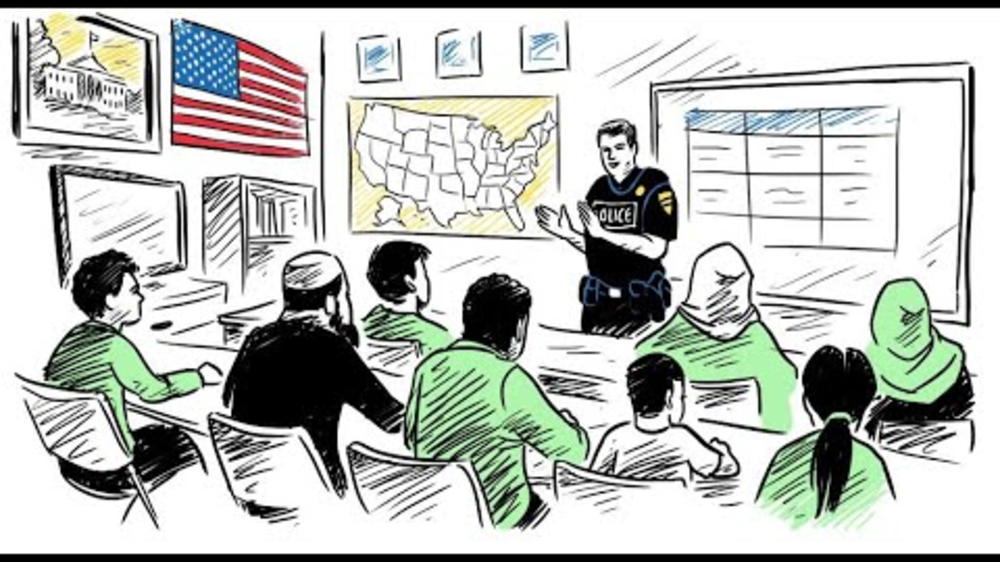
The role of the police in the United States is to respect, protect, and uphold the civil rights of individuals and communities across the country. The police enforce local, state, and federal laws. If you have an emergency, you may need to call 9-1-1 to ask for assistance.
Like firefighters and ambulances, the police may arrive to assist you. You may also encounter the police in a variety of situations in your communities such as when they stop drivers for traffic violations. Their job is to ensure public safety. To do that, they may sometimes need to talk to you or ask you questions.
If you encounter police in public or are stopped by the police while driving, here are some tips to stay safe. Appropriate ways to interact with the police:
- Stay calm and control your emotions.
- Be respectful. Don’t argue.
- Keep your hands visible and out of your pockets.
- Don’t run or reach for anything suddenly.
- Stay in one place and be still.
- If you are in a vehicle, stay in the vehicle and keep your seatbelt fastened.
- Don’t touch or stand too close to a police officer.
- Carry your I.D. and the phone number of someone who can help you, if needed.
- Ask if you are free to leave and, if so, depart calmly.
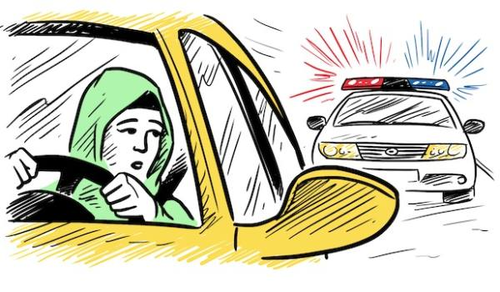
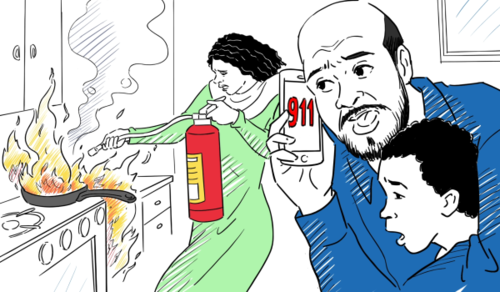
Remember: It’s okay to say you don’t understand. You have a legal right to an interpreter.
- If you are accused of breaking a law and are arrested, you have the right to remain silent and talk to a lawyer before being questioned.
- If you cannot afford a lawyer, the court will pay for one to represent you.
- If you have questions about interacting with the police, be sure to ask the staff at your resettlement office for assistance.
